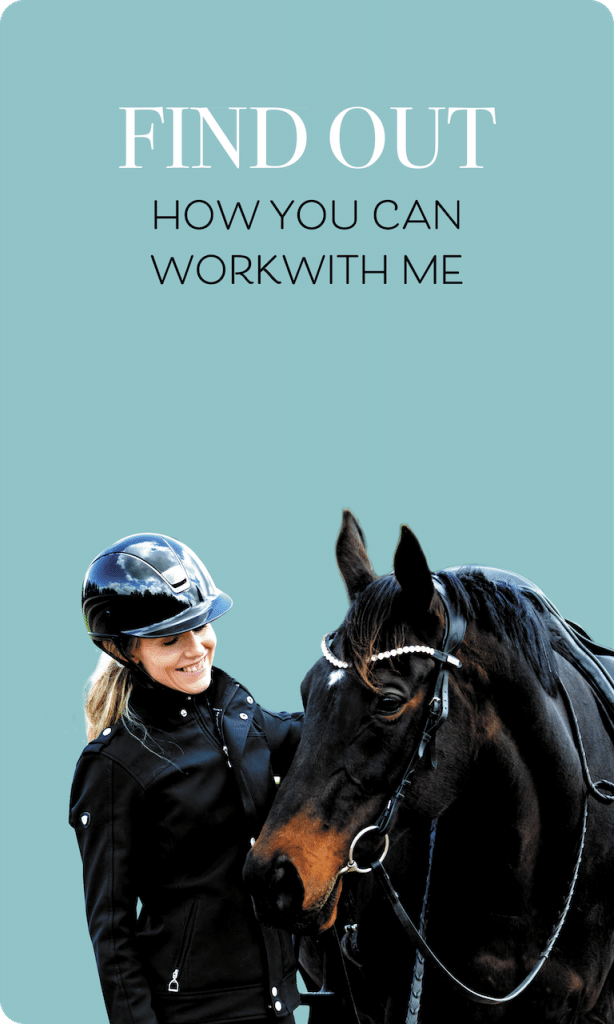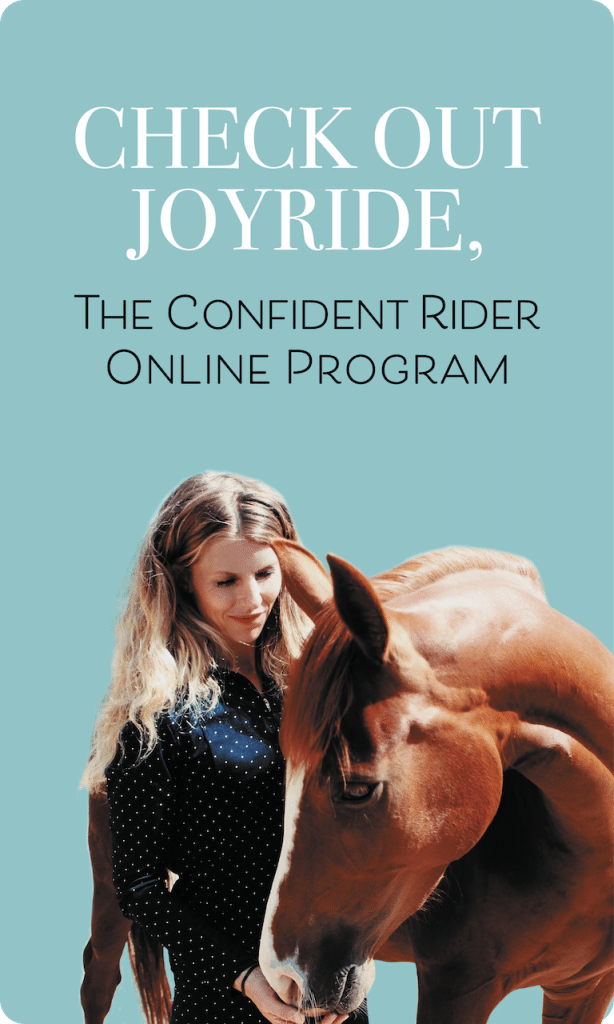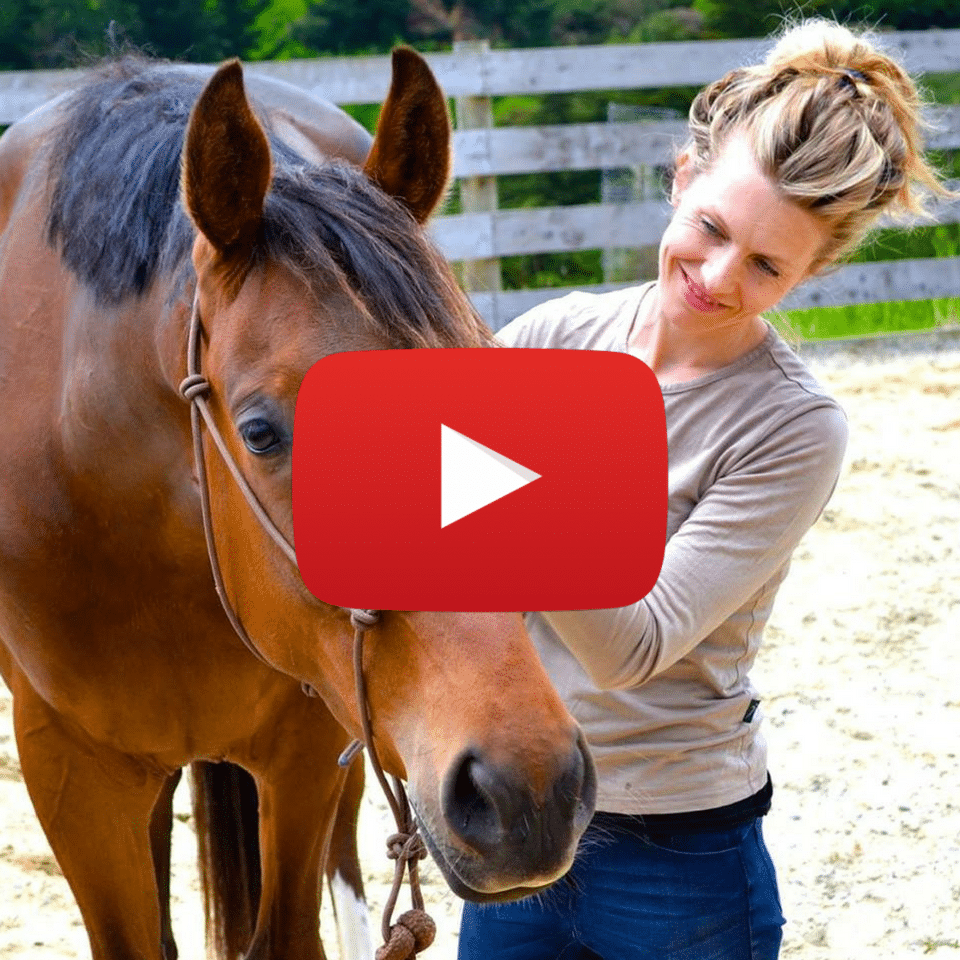One of the things we often do is “rate” the appropriateness of our responses according to how we “think” we should be behaving or reacting. I’ve talked about this in previous posts (I’ll link them below) but I want to approach this conversation from a slightly different angle.
To illustrate what I mean, let’s say you have a fall or accident, and it takes you into a freeze response- part of the palate of possibilities in the sympathetic reflex chain. To your conscious brain and conditioning, this makes sense. As either an observer or experiencer, you might think to yourself, yes, this matches. This makes sense.
If we flip to scenario two now and think about someone walking out to catch their horse and take them to the arena. Let’s say they too find themselves in the freeze response, but there’s nothing about the situation that they can rationalize led them to react that way. This one we respond mentally “less favorably” to, as our conscious brain struggles to connect the dots on what it is about our outer world that could have caused our inner world to respond in the way that it has.
But here’s the thing. It can be a dramatic accident or something hard for us to comprehend consciously (perhaps a look someone gave us, something in the environment, a specific movement)… if the unconscious brain sends the body into the freeze response, the internal experience is the same, regardless of how valid we consciously perceive it to be.
The internal experience is the same.
In this way, “ranking” our responses according to our perception of appropriateness is not useful. How we respond is not conscious. It’s under our unconscious control, and the reasons can often lie far outside the realm of what we can consciously understand or identify.
To your unconscious brain, it makes sense.
Onwards.
❤️ Jane





